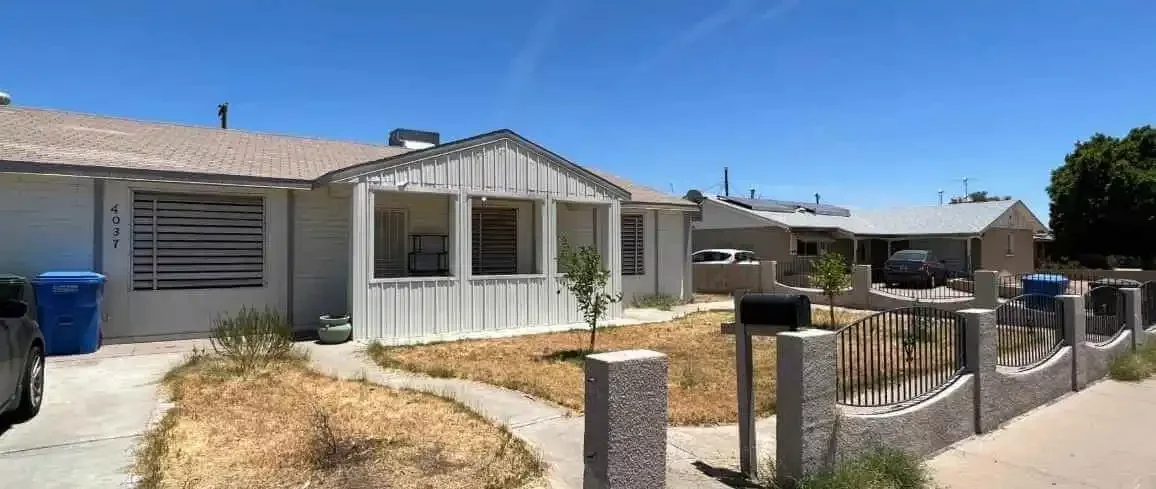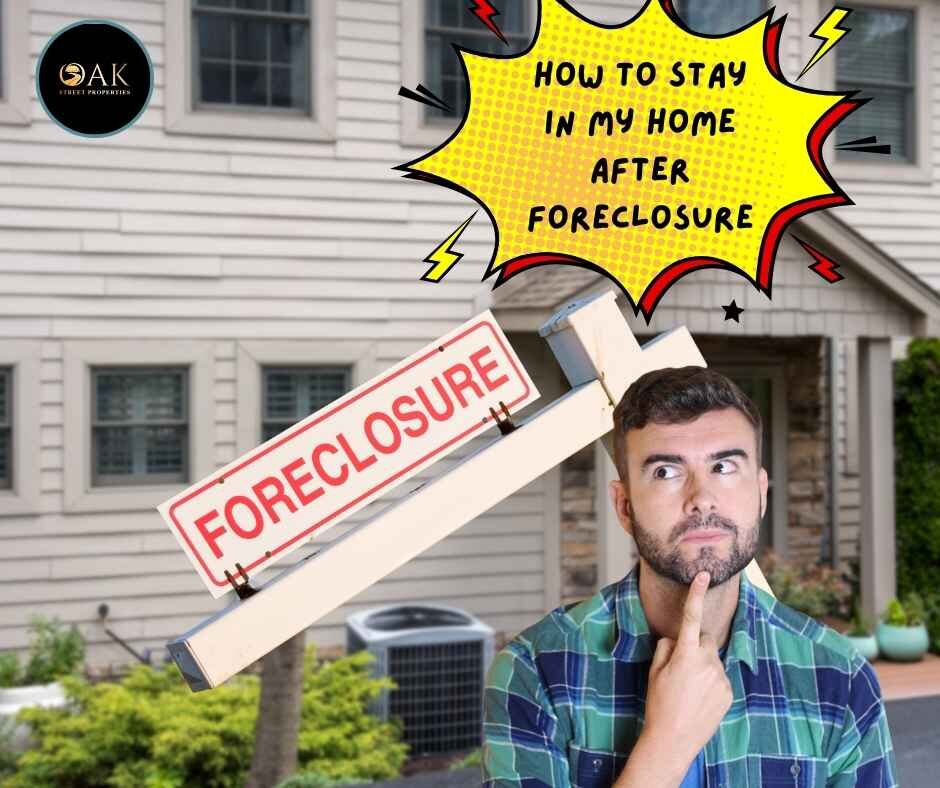
Strategies on how to Stay in my Home after Foreclosure in Phoenix
Wondering.. How to stay in my home after foreclosure in Phoenix? 🤔💭
You’re not alone and surprisingly, a recent study estimates that 47% of foreclosed properties are still occupied.
At first glance, that stat might seem shocking… but we get it.
Most people don’t realize banks don’t want to own homes, they want to loan money. When they’re forced to foreclose, they’re stuck holding properties until they can recover their investment.
And when a foreclosed house in Phoenix sits vacant? It quickly becomes vulnerable to vandalism, neglect, and costly repairs.
That’s why, in many cases, banks would actually prefer homeowners to remain in the property, even if mortgage payments have stopped because a lived-in home stay protected and maintained.
There’s been a media buzz around people “living for free” post-foreclosure, sometimes for months or even years. Sounds dreamy, right? 😉
But let’s be real… it’s rarely that simple.
Banks don’t just forget to collect payments. If someone’s still living in a foreclosed home, something unusual likely happened behind the scenes.
So, why are so many foreclosed homes still occupied? Simple: no one benefits from a vacant house—not the lender, not the neighborhood, not even the next potential buyer.
Helpful tips to Stay in your Home After Foreclosure in Phoenix
If you’re wondering how to stay in my home after foreclosure in Phoenix, there are a few perfectly legal ways to remain in your property even after the foreclosure process has begun. Not all of these options will be available to everyone, depending on your situation and your lender’s flexibility, so it’s important to seek expert advice to help you navigate the path forward.

1. Wait it out.
Honestly, this is a pretty bad option, but it seems to be increasingly common. You definitely shouldn’t run away and abandon your house when the first notice of default shows up. Remember that the proceedings and the process take months and sometimes years. It’s not over until it’s over, so don’t give up too early. On the other hand, don’t wait until the sheriff shows up to evict you to start packing up your stuff.
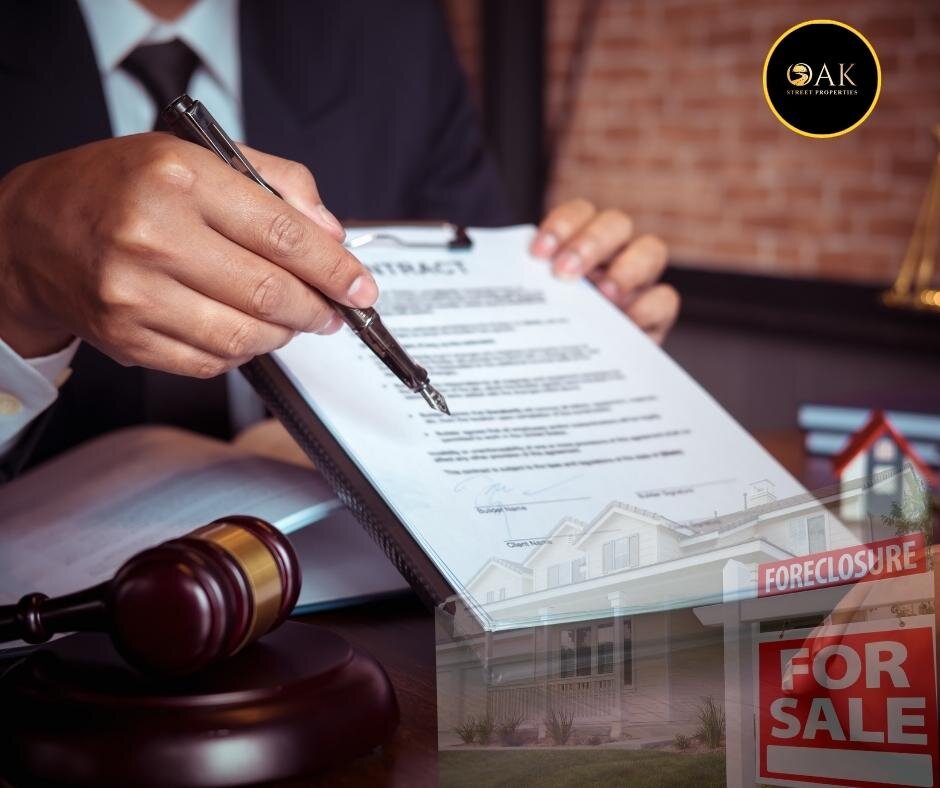
2. Go to court.
In very rare cases, judges are granting stays and delaying evictions. This is really only a valid option if you (and your attorneys) can prove that the bank has neglected a legal requirement during the foreclosure process. During the past few years, a lot of fraudulent behavior at banks has been uncovered – so we may see an increasing trend of using the courts to stop foreclosure. Fighting banks with lawyers is very difficult, expensive and time-consuming, even if you’ve got a perfect case.
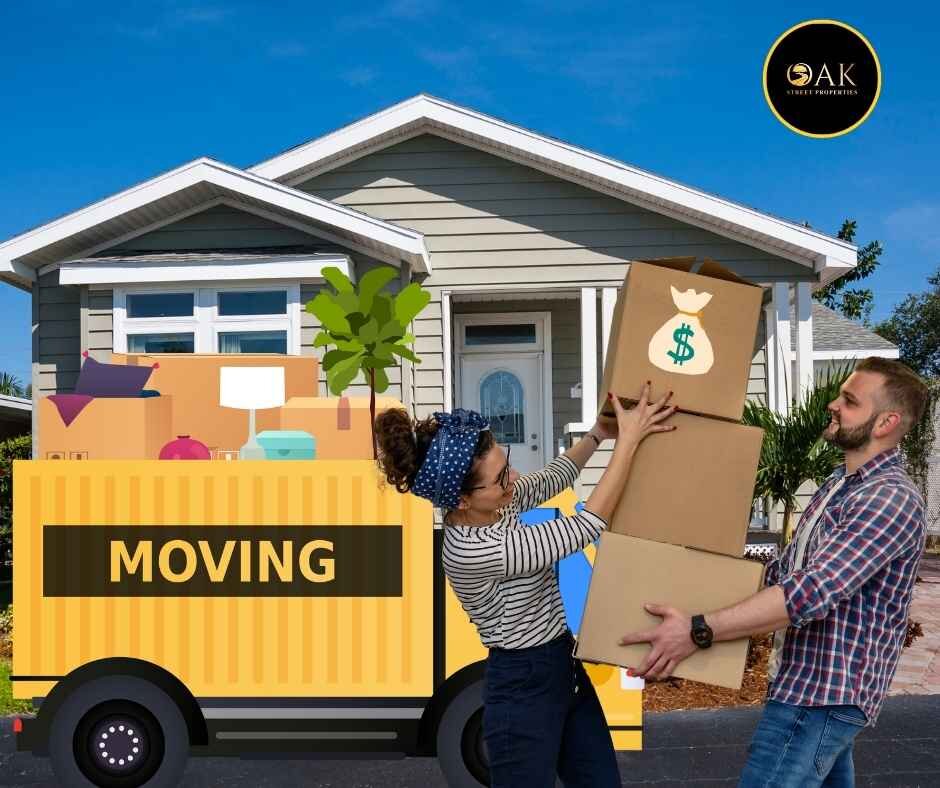
3. Propose a move-out bonus.
Often buyers of occupied foreclosure properties spend thousands of dollars on lawyers and other costs of eviction, so why not save everyone the time and expense by taking some of that money yourself? It’s known as “cash for keys”. You can help out the bank and the buyers by not abandoning the house to squatters before they’re ready to take possession.
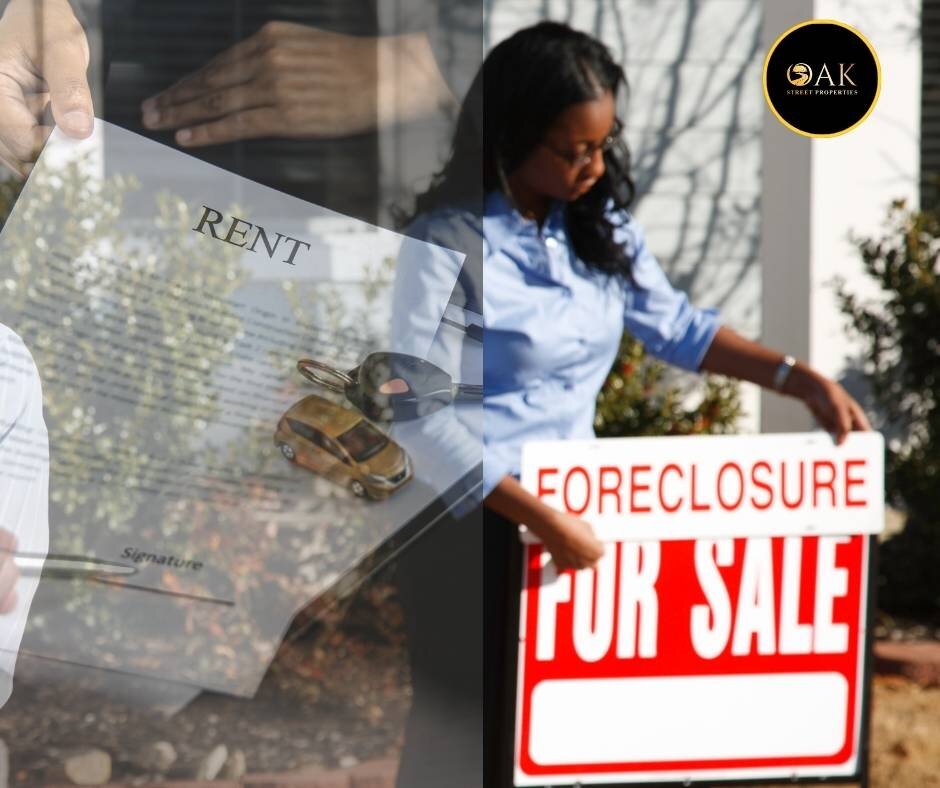
4. Rent it back.
It may sound crazy, but some banks are willing to take on previous homeowners as tenants in their property. That’s only a short-term fix, as they’ll want your agreement to vacate the premises as soon as they find someone to purchase the property. In some cases, we can even purchase the property and rent it back to you.
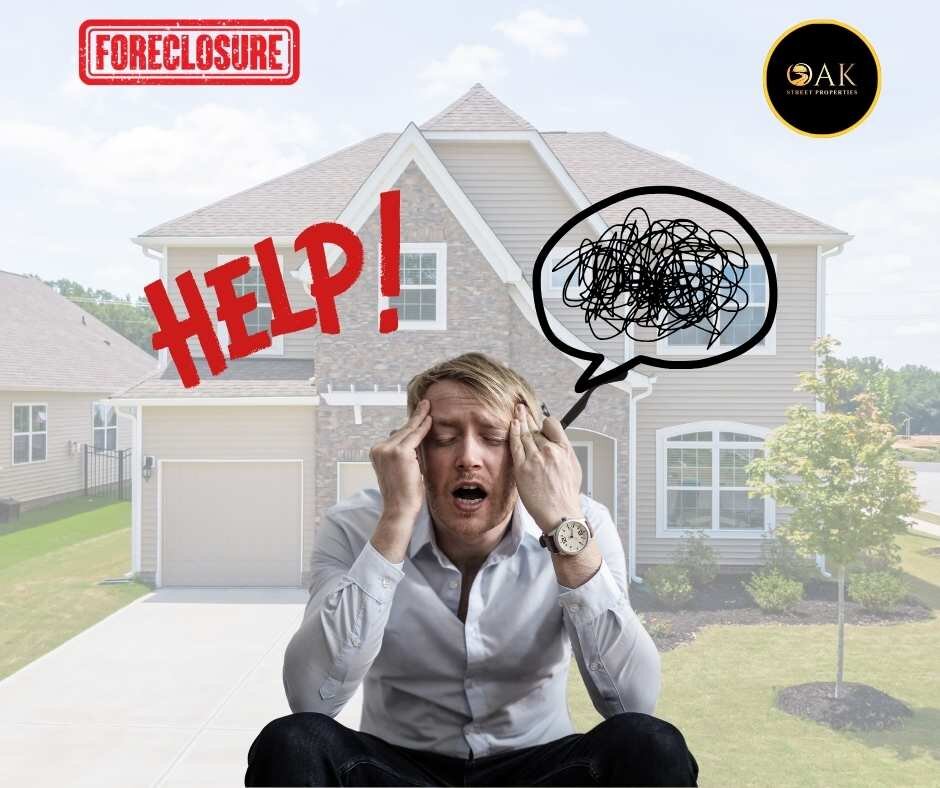
5. Seek professional help.
There are numerous organizations and professionals who specialize in foreclosure in Phoenix assistance. They can provide you with the necessary resources and guidance to navigate through this challenging time. Whether it’s legal advice, financial counseling, or negotiating with the bank on your behalf, having an expert in your corner can make a significant difference.
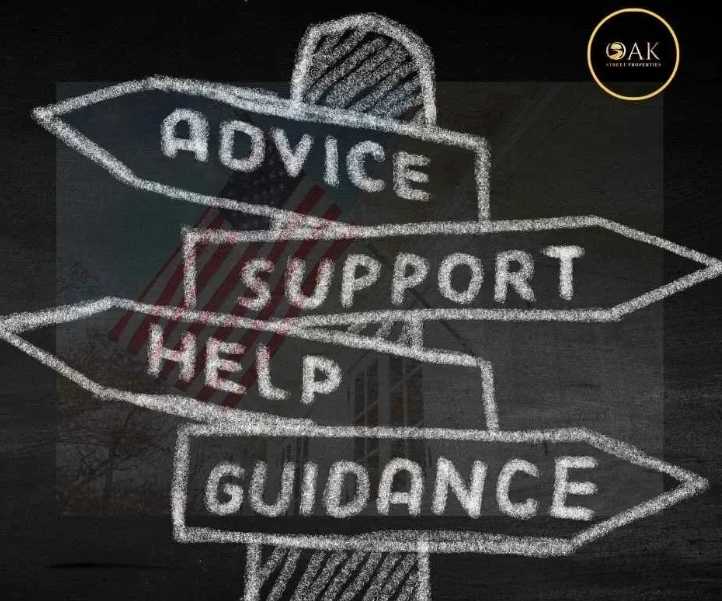
6. Explore government programs.
There are various federal and state programs designed to help homeowners facing foreclosure. These programs can offer financial assistance, loan modifications, or other forms of relief to help you stay in your home. Research and apply for any programs that you may qualify for.
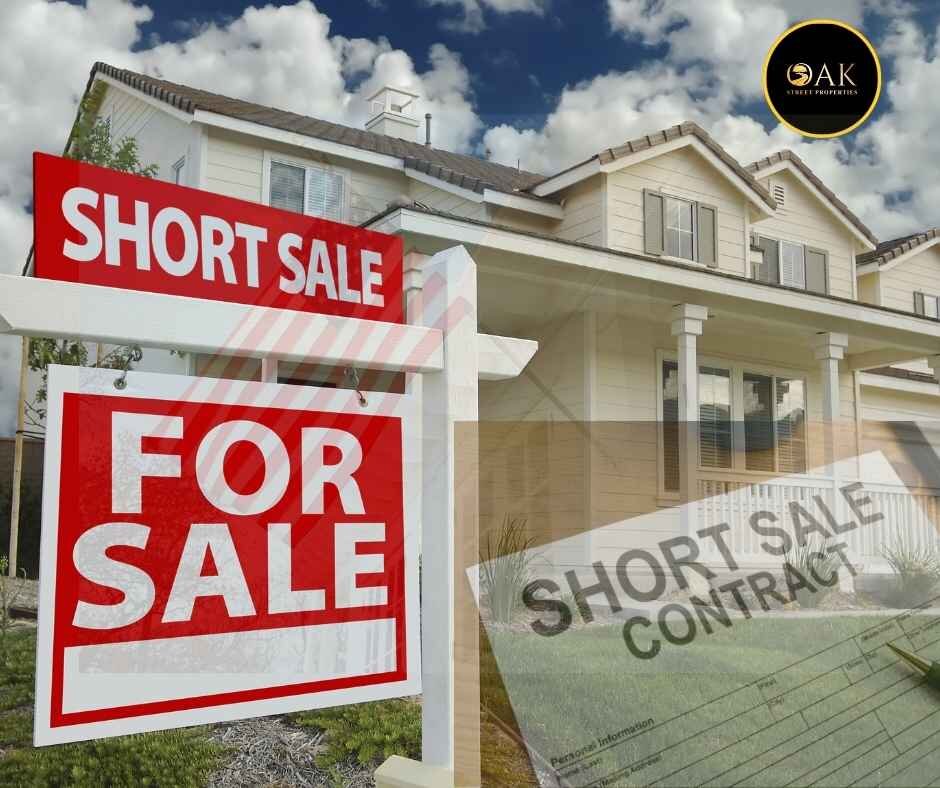
7. Consider a short sale.
If staying in your home is not a viable option, a short sale might be a better alternative to foreclosure. In a short sale, you sell your home for less than the amount owed on your mortgage, with the lender’s approval. This can help you avoid the long-term impact of foreclosure on your credit score and financial future.

8. Negotiate with your lender.
Sometimes, lenders are willing to work with homeowners to find a solution that benefits both parties. This could include loan modifications, repayment plans, or even temporary forbearance. Open communication with your lender can lead to a mutually beneficial arrangement.
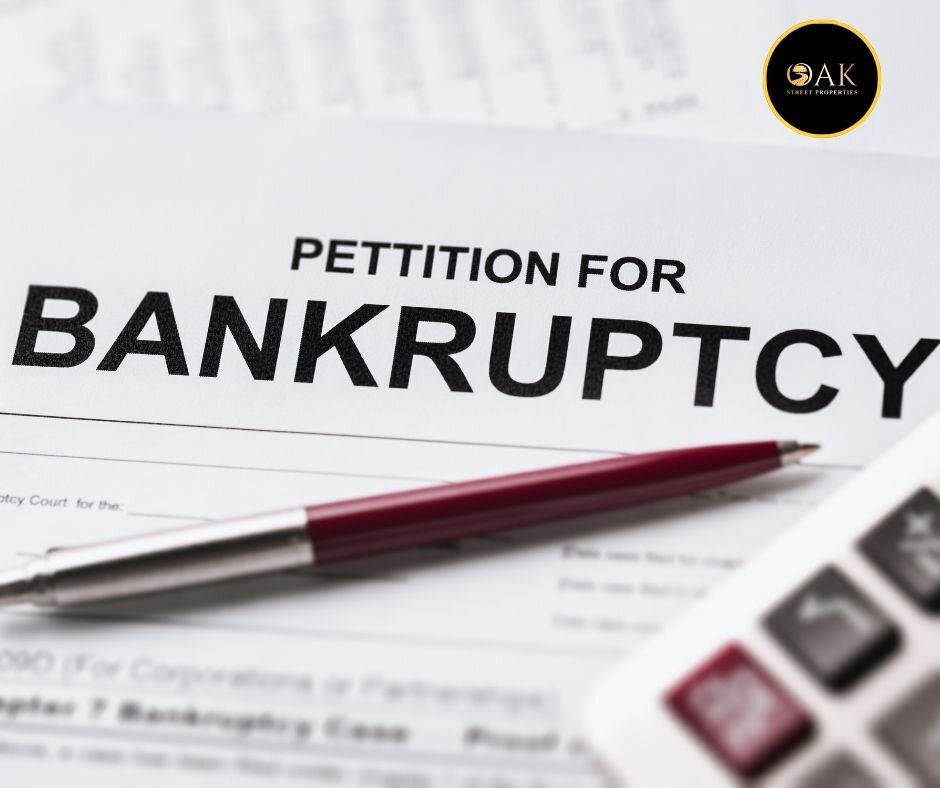
9. Consider bankruptcy.
Filing for bankruptcy can sometimes halt the foreclosure process and give you more time to work out a plan to keep your home. This is a complex and serious decision that should be made with the guidance of a qualified attorney.
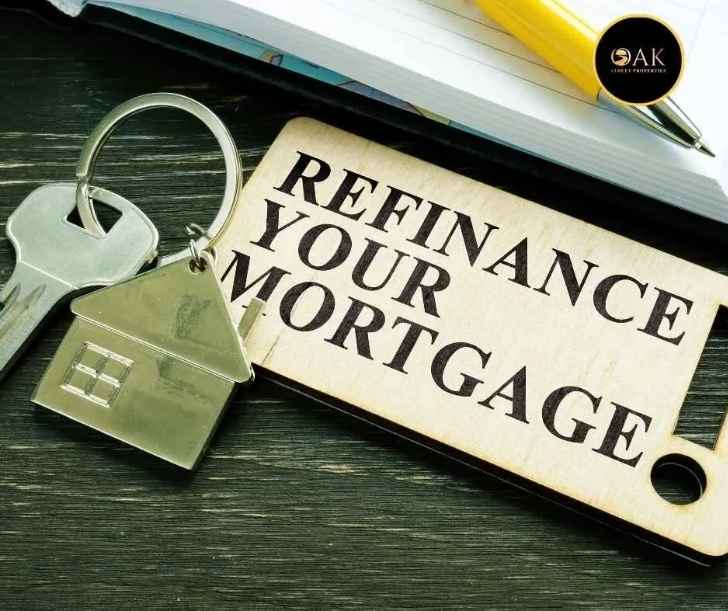
10. Look into refinancing options.
If you have enough equity in your home, refinancing your mortgage might be an option to lower your monthly payments and make them more manageable. This can be a good way to avoid foreclosure and stay in your home.

11. Sell your home to a cash home buyer in Phoenix.
There are real estate investors who specialize in buying homes quickly, even those in foreclosure in Phoenix. Selling to an investor can provide you with the cash you need to pay off your mortgage and avoid foreclosure.

12. Stay informed and proactive.
The foreclosure process can be overwhelming, but staying informed about your rights and options is crucial. Attend foreclosure prevention workshops, seek advice from housing counselors, and stay in regular communication with your lender.
It’s really good that you’re reading this page and exploring your options. We help homeowners like you to find creative solutions.
We can’t help everyone, but we might be able to help you.
We buy local Phoenix Arizona houses like yours from people who need to sell fast.

